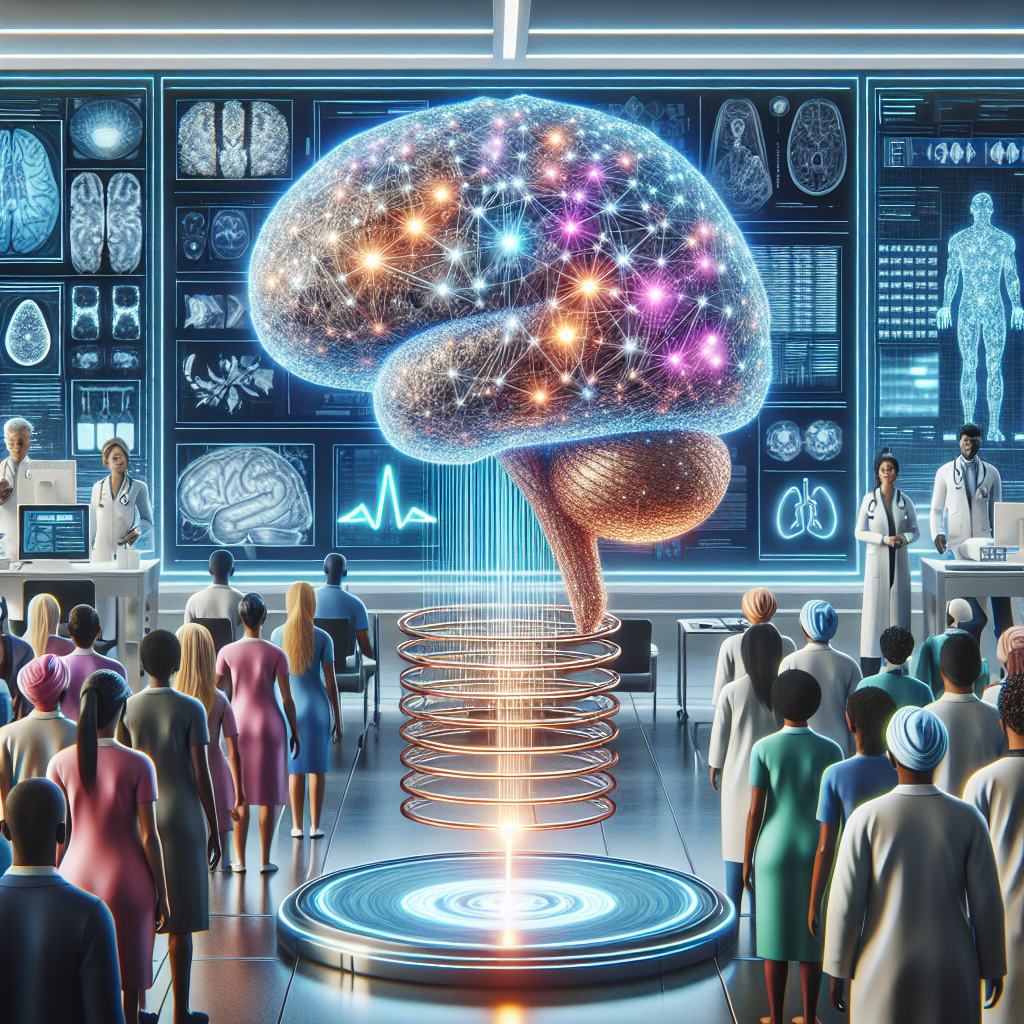Artificial General Intelligence (AGI) is revolutionizing the healthcare industry by transforming the patient experience in ways that were once thought impossible. AGI refers to machines that possess the ability to perform any intellectual task that a human can do. In healthcare, AGI is being used to analyze vast amounts of data, diagnose diseases, personalize treatment plans, and improve overall patient care. This article will explore the ways in which AGI is reshaping the healthcare landscape and enhancing the patient experience.
AGI in Healthcare: The Current Landscape
The use of AGI in healthcare is rapidly expanding, with applications ranging from personalized medicine to medical imaging analysis. One of the most significant advantages of AGI in healthcare is its ability to process and analyze large volumes of data quickly and accurately. This allows healthcare providers to make more informed decisions and provide better care to patients.
In terms of patient experience, AGI is streamlining the healthcare process and making it more efficient. For example, AGI-powered chatbots are being used to provide patients with instant access to medical information and assistance. These chatbots can answer questions, schedule appointments, and even provide reminders for medication. This not only saves time for patients but also reduces the burden on healthcare providers, allowing them to focus on more critical tasks.
AGI is also being used to personalize treatment plans for patients. By analyzing patient data, including genetic information, medical history, and lifestyle factors, AGI can help healthcare providers tailor treatment plans to each individual’s unique needs. This personalized approach to healthcare not only improves patient outcomes but also enhances the overall patient experience by making them feel more valued and cared for.
AGI is also being used to improve medical imaging analysis. By analyzing medical images such as X-rays, MRIs, and CT scans, AGI can help healthcare providers detect and diagnose diseases more accurately and quickly. This not only improves patient outcomes but also reduces the chances of misdiagnosis and unnecessary treatments.
Overall, AGI is transforming the patient experience in healthcare by making it more personalized, efficient, and effective. As the technology continues to evolve, we can expect to see even more advancements in patient care and outcomes.
FAQs:
Q: How is AGI different from artificial intelligence (AI)?
A: AGI refers to machines that possess the ability to perform any intellectual task that a human can do, while AI refers to machines that can perform specific tasks or functions. AGI is more advanced and versatile than AI, as it can adapt to new situations and learn from experience.
Q: Is AGI safe for use in healthcare?
A: While AGI has the potential to revolutionize healthcare, there are concerns about its safety and ethical implications. It is essential for healthcare providers to implement strict regulations and guidelines to ensure that AGI is used responsibly and ethically.
Q: How can patients benefit from AGI in healthcare?
A: Patients can benefit from AGI in healthcare in several ways, including personalized treatment plans, faster and more accurate diagnoses, and improved overall care. AGI can help patients receive better care and outcomes by analyzing their data and providing tailored treatment options.
Q: Will AGI replace healthcare providers?
A: While AGI has the potential to automate certain tasks in healthcare, such as medical imaging analysis and administrative functions, it is unlikely to replace healthcare providers entirely. Healthcare providers play a crucial role in patient care, and AGI is meant to augment their skills and abilities, not replace them.
In conclusion, AGI is transforming the patient experience in healthcare by making it more personalized, efficient, and effective. With its ability to analyze vast amounts of data, diagnose diseases, and personalize treatment plans, AGI is revolutionizing the way healthcare is delivered. As the technology continues to evolve, we can expect to see even more advancements in patient care and outcomes. It is essential for healthcare providers to embrace AGI and leverage its capabilities to provide better care to patients and improve overall healthcare outcomes.

